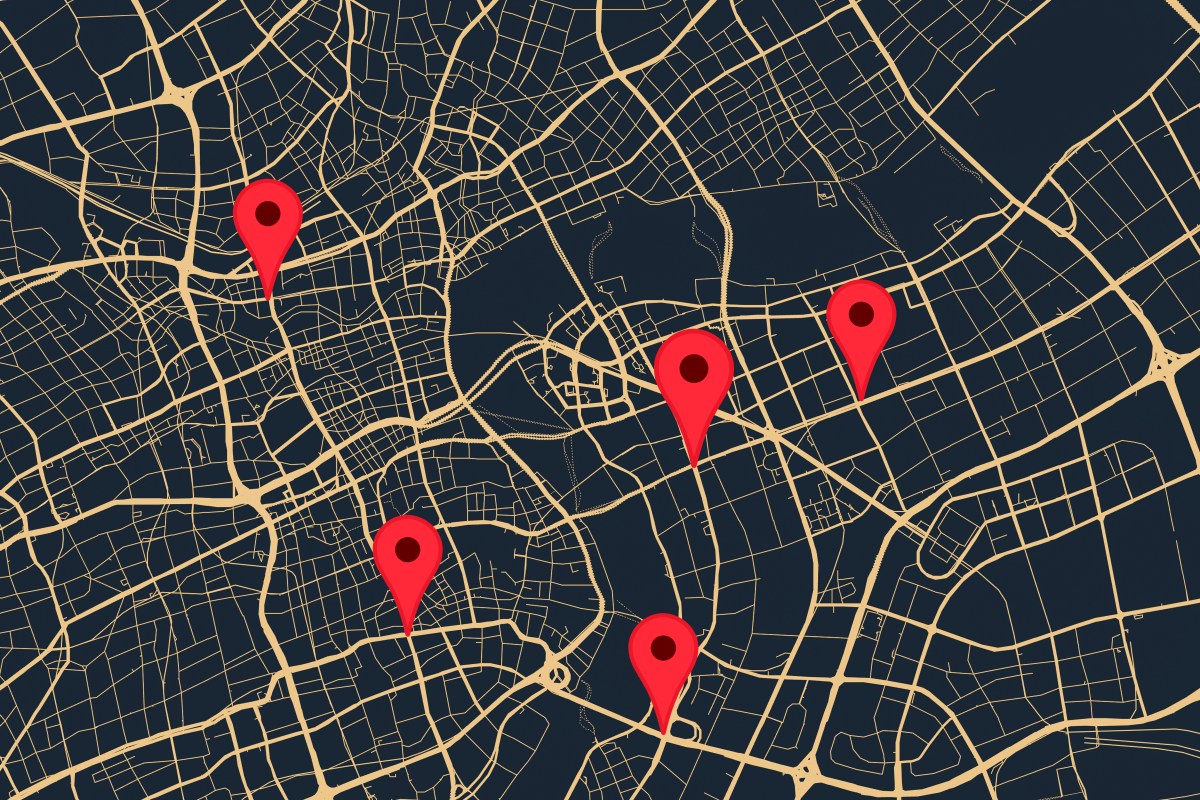- cross-posted to:
- [email protected]
- cross-posted to:
- [email protected]
As they should do with every single company
Agree
I used to think that way, but the reality is I’m a huge fan of data driven decision making and the biggest consumers of customer data are market research brokers.
No representation (in a data set) without compensation, I say
Sure, we could talk about the evils of capitalism all day long, but this isn’t the place for it.
The reality is if a car manufacturer wanted to break into the luxury EV market and wasn’t sure if they should make a mid-sized family sedan or a 2 door coupe, do they just pump billions into R&D and hope for the best, risking the jobs of thousands of employees and entire communities in the process? Do they call BMW/Tesla/Audi/Mercedes/etc and ask them for their sales data?
No, they go buy that information from a market research firm, who buys that data from BMW/Tesla/Audi/Mercedes.
PII data controls are an important aspect of privacy, but blanket statements like “no one, anywhere, ever should sell my data” are childish.
That’s what risk assessment and profit margins are for. Hell, surveys are a way to get answers from the public market. Shady T&Cs that allow companies to sell the data of paying customers perfectly fit the description of theft and no one will ever convince me otherwise. It’s a shame they managed to convince you.
This is the best summary I could come up with:
For at least one of its contracts, the FTC said that X-Mode provided an unnamed private clinical research company with information about consumers who had visited certain medical facilities, pharmacies or specialty infusion centers within a geographic area across Columbus, Ohio.
X-Mode also failed to ensure that users of its own apps — Drunk Mode and Walk Against Humanity — were fully informed about how their precise location data would be used, the FTC said.
“The information revealed through the location data that X-Mode/Outlogic sold not only violated consumers’ privacy but also exposed them to potential discrimination, physical violence, emotional distress, and other harms,” the FTC said in a statement.
“Geolocation data can reveal not just where a person lives and whom they spend time with but also, for example, which medical treatments they seek and where they worship,” said FTC chair Lina M. Khan.
“The FTC’s action against X-Mode makes clear that businesses do not have free license to market and sell Americans’ sensitive location data.”
Adherence to the FTC’s newly introduced policy will be ensured by implementing additional technical processes and will not require any significant changes to business or products.”
The original article contains 647 words, the summary contains 193 words. Saved 70%. I’m a bot and I’m open source!



